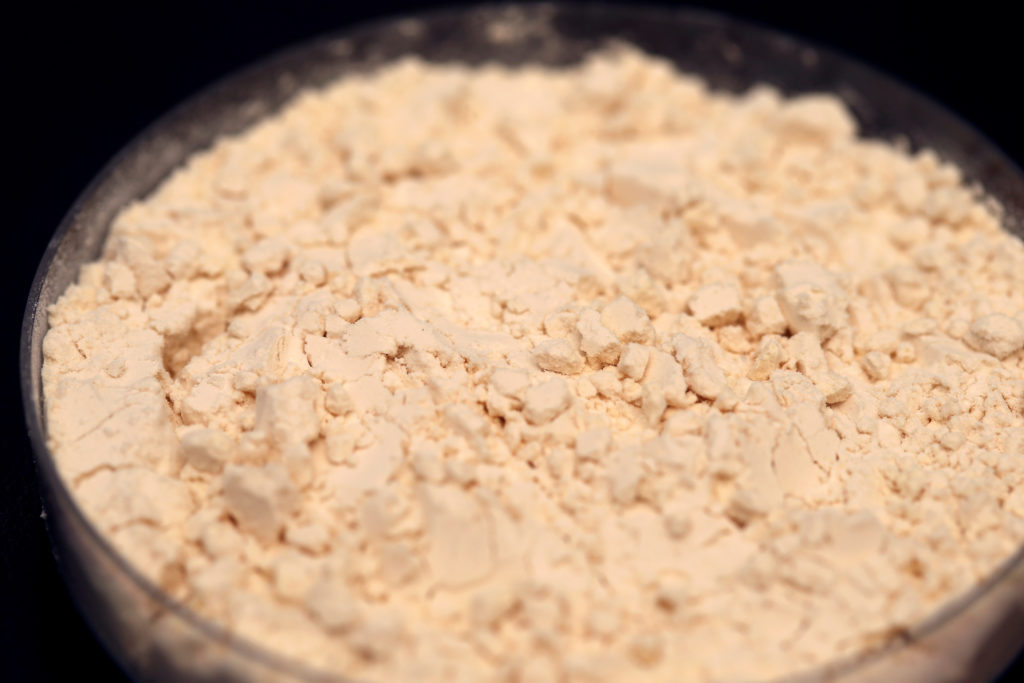Eating fatty foods could trigger a severe form of asthma, a study shows.
Scientists have pinpointed a chemical in processed foods which can cause inflammation of the airways, leading to the condition.
Analysis of patients at the Children’s Hospital of Philadelphia, in America, found that diets high in saturated fats were associated with neutrophilic asthma – one of the most serious and hard-to-treat forms – even when patients were not obese.
In animal studies, experts discovered that stearic acid – often found in animal fat and processed foods – was the cause. The acid kick-starts a chain reaction in the lungs which causes inflammation in the airways, resulting in asthma developing.
The researchers also found that oleic acid – a fatty acid often found in vegetable oils, particularly olive oil – has the opposite effect and can suppress inflammation.
‘Prior to this study, many suspected that childhood obesity was causing this form of asthma,’ said senior researcher Dr David Hill, an attending physician at the Children’s Hospital of Philadelphia.
‘But we were observing neutrophilic asthma in children who were not obese, which is why we suspected there might be another mechanism.
‘We found in pre-clinical work and studies in children that diets containing certain saturated long chain fatty acids can cause neutrophilic asthma independent from obesity.’

File image: More than five million Britons have asthma. Some 200,000 of those have severe asthma and are likely to be treated in hospital four times a year
More than five million Britons have asthma. Some 200,000 of those have severe asthma and are likely to be treated in hospital four times a year.
It is estimated that around 15 per cent of patients with a severe form of the condition have neutrophilic asthma – which is triggered by the immune system overreacting and filling the lungs with inflammatory white blood cells called neutrophils.
Experts say doctors should advise patients to make dietary changes to help to manage the condition.
‘Different treatments may be needed depending on the subtype of asthma,’ says study co-author Professor Lisa Young, a paediatric specialist at the University of Pennsylvania.
‘These findings are encouraging because they suggest that targeted dietary modifications may help to prevent this asthma type.’
Source link


